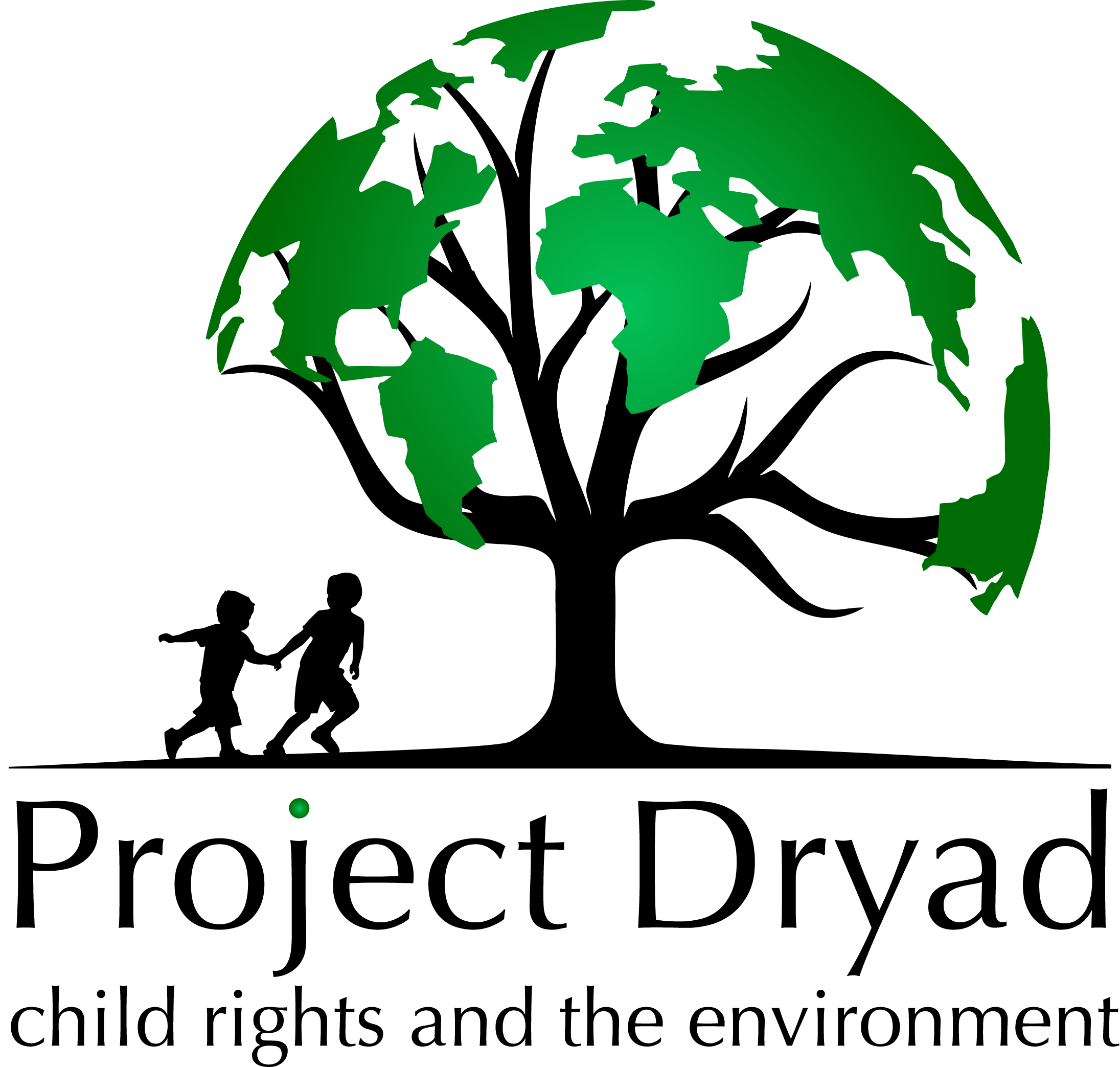UNICEF launches Eastern Caribbean study on climate, environment, energy & child rights
UNICEF’s Eastern Caribbean Office has launched an in-depth study prepared by Project Dryad on the impacts of climate change, environmental impacts and energy issues on children’s rights in the region. The report, covering eight countries and four overseas territories, also contains an assessment of relevant national and regional policy frameworks and the degree to which these are child-sensitive. The report concludes with a set of recommendations.
Prepared over several months, the study involved extensive data and research, as well consultations with key stakeholders, including children and youth themselves.
A shorter policy brief is also available.
The study highlights the extreme vulnerability of the region to the climate crisis in particular. In 2017, two category five hurricanes (Irma and Maria) ripped through the region in 2017 causing catastrophic damage. 143,000 people were affected, including 39,000 children, and substantial development gains were eradicated. Under various climate projection scenarios, it is likely that such events will become more common, while the effects of slow-onset events such as rising sea levels will become increasingly felt.
According to Project Dryad Director Joni Pegram, one of the starkest findings relates to the extreme challenge of water security in the Eastern Caribbean. Six of the sixteen most water-stressed countries in the world are located in the sub-region, meaning that these islands withdraw more than 80 per cent of available water supplies for agricultural, domestic and industrial use annually. This will be compounded by decreasing precipitation, with projections forecasting that total annual rainfall in the Eastern Caribbean could fall by up to 30 per cent under 1.5°C-2C°C warming.

